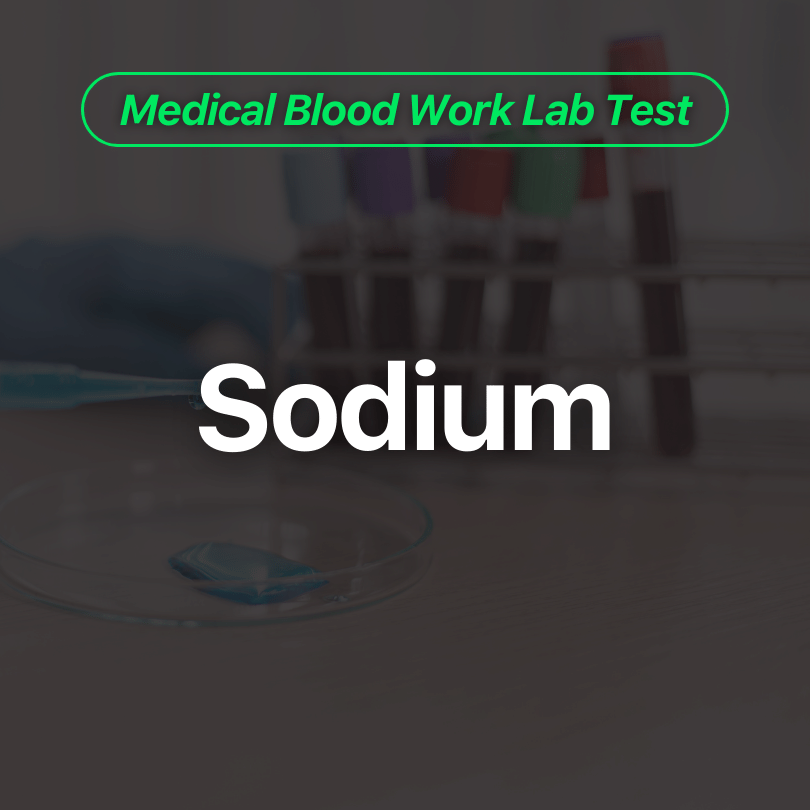The sodium test is a blood test that measures the level of sodium in your blood. Sodium is an essential electrolyte that helps regulate many bodily functions, including fluid balance, nerve and muscle function, and blood pressure.
Your doctor may recommend a sodium test if they suspect that you have a condition that affects your sodium levels, such as dehydration, heart failure, kidney disease, liver disease, or high blood pressure. They may also order a sodium test as part of a routine health checkup, especially if you have a history of high blood pressure or other cardiovascular risk factors.
Abnormal sodium levels can indicate a range of health problems. If your sodium level is too high (hypernatremia), it can cause symptoms such as thirst, dry mouth, restlessness, irritability, muscle twitching, and seizures. If your sodium level is too low (hyponatremia), it can cause symptoms such as headache, nausea, vomiting, confusion, seizures, and even coma.
Knowing your sodium level can help your doctor diagnose and monitor certain health conditions, and help them determine the best treatment options for you. For example, if you have high blood pressure or heart failure, reducing your sodium intake may be a key part of your treatment plan. If you have hyponatremia, your doctor may need to investigate the underlying cause and develop a treatment plan to correct the imbalance.
It’s important to note that the sodium test is just one of many tests that can provide insights into your overall health, so you should always discuss with your healthcare provider which tests are necessary based on your individual health history and risk factors.






Reviews
There are no reviews yet.